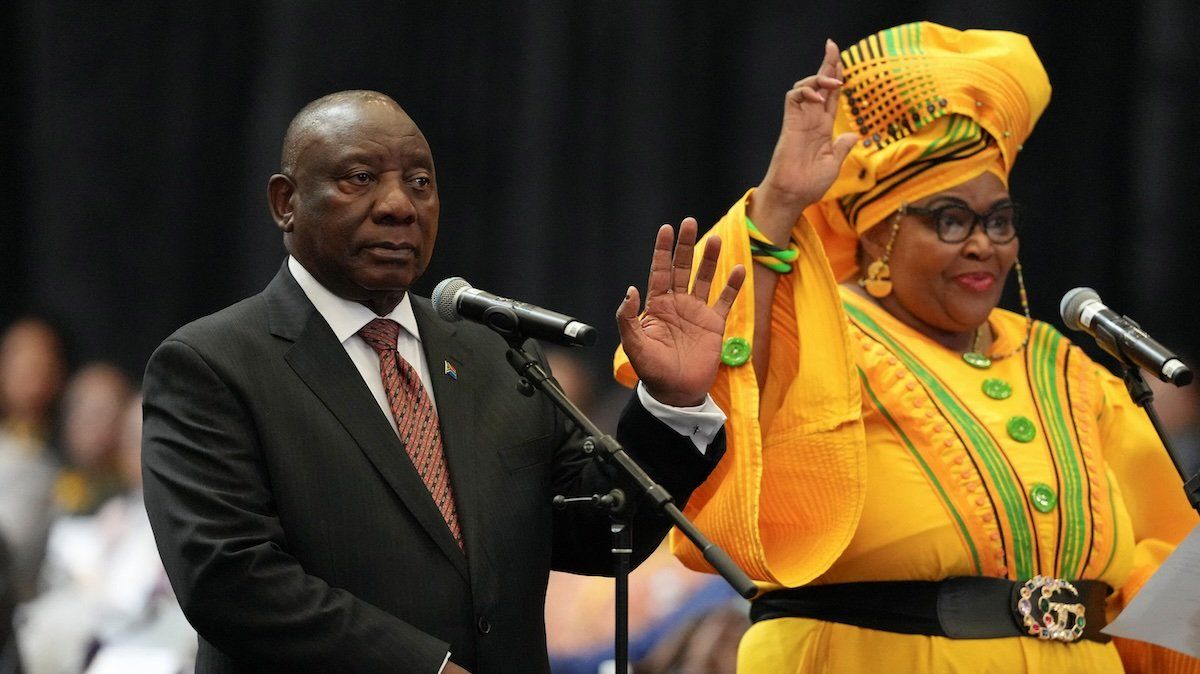South Africa forms historic unity government, reelects Ramaphosa
South Africa officially has a unity government, marking a historic shift in the political makeup of the Rainbow Nation.
The African National Congress, which lost its 30-year outright majority in last month's election, reached an agreement Friday to form a coalition with the Democratic Alliance, its primary rival. The lawmakers also reelected South Africa’s President Cyril Ramaphosa.
“Today, South Africa is a better country than it was yesterday. For the first time since 1994, we've embarked on a peaceful and democratic transfer of power to a new government that will be different from the previous one,” said DA leader John Steenhuisen.
The coalition also includes the Inkatha Freedom Party, but former President Jacob Zuma’s uMkhonto weSizwe, or MK party, despite winning 15% of the vote, boycotted negotiations – as did the left-wing Economic Freedom Fighters.
Given the makeup and opposition to this fragile coalition, this is the dawn of an uncertain political era for the country. We’ll be keeping an eye on whether these unlikely legislative partners manage to hold the coalition together.
